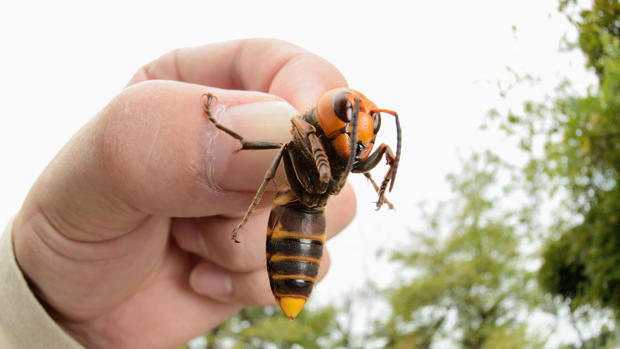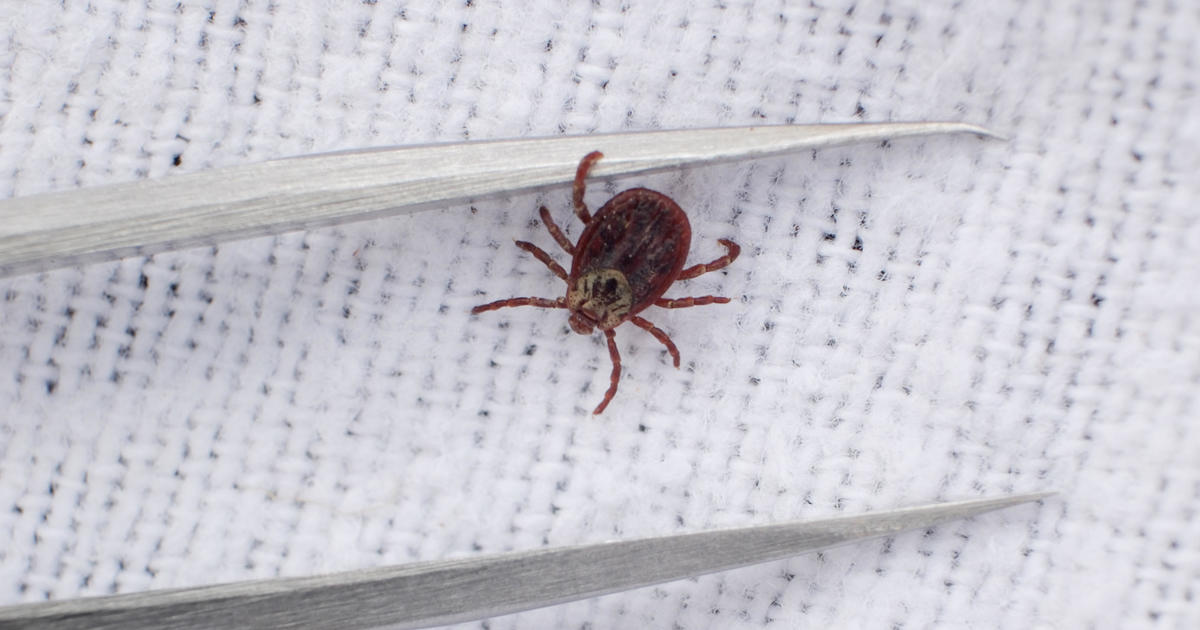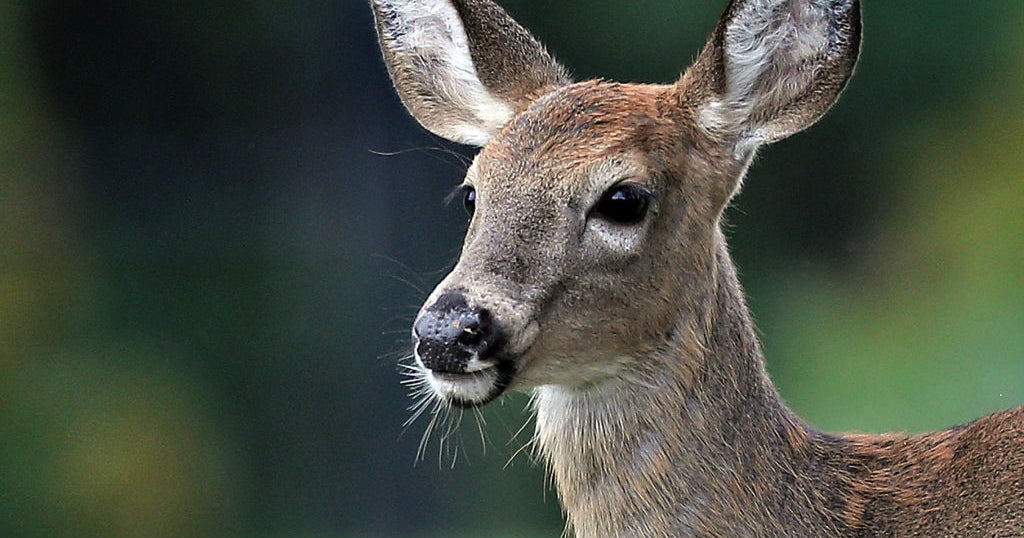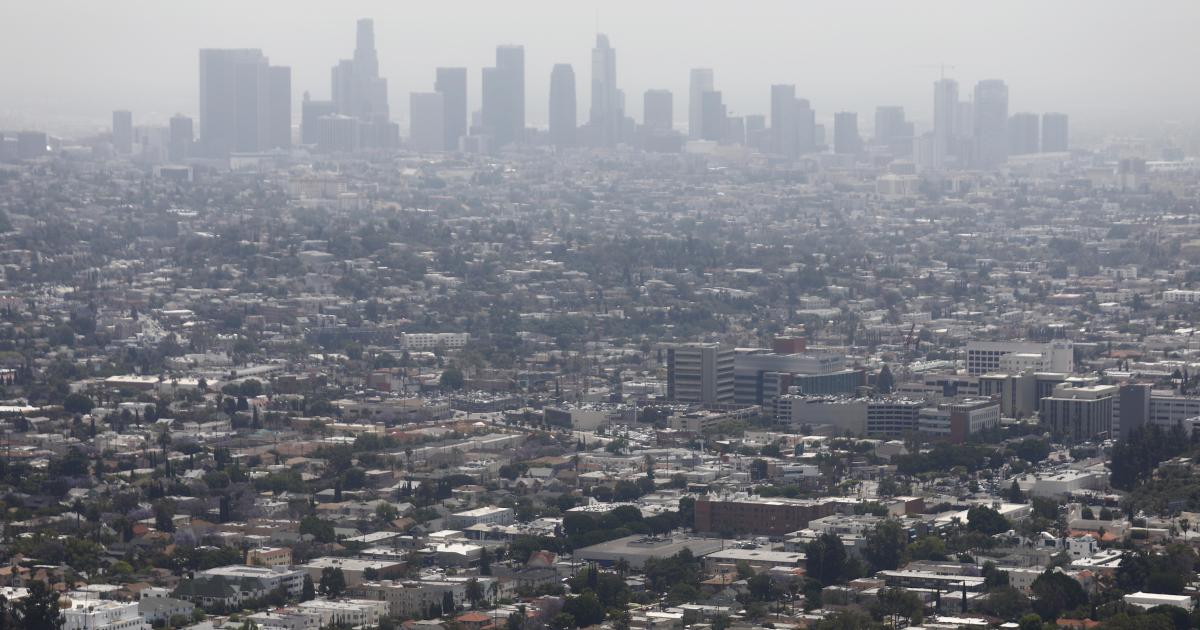Forget "murder hornets," experts say — this is the real "murder insect"
Insect experts say people should calm down about the big bug with the nickname "murder hornet" — unless you are a beekeeper or a honeybee. The Asian giant hornets found in Washington state that grabbed headlines last week aren't big killers of humans, although it does happen on rare occasions.
University of Illinois entomologist May Berenbaum said of the worry: "People are afraid of the wrong thing. The scariest insect out there are mosquitoes. People don't think twice about them. If anyone's a murder insect, it would be a mosquito."
Mosquitoes are responsible for millions of yearly deaths worldwide from malaria, dengue fever and other diseases, according to the World Health Organization. Last year, the CDC reported at least 15 people died in the U.S. from Eastern Equine Encephalitis, a rare disease spread by mosquitoes.
As CBS News correspondent Michelle Miller reported, the mosquito has killed as many as 50 billion people over the course of human existence.
Just as "murder hornets" probably came to the U.S. as "unwitting hitchhikers," mosquitoes likely hitched a ride aboard the Nina, Pinta and Santa Maria and thousands of slave ships that transported human cargo across the Atlantic.
"They very quickly started vectoring malaria and other diseases," historian and mosquito expert Timothy Winegard told Miller.
Mosquitoes plagued millions of Americans from the end of the 17th century to the beginning of the 20th with malaria and yellow fever. The death toll from the yellow fever alone was more than 100,000.
By contrast, Asian giant hornets at most kill a few dozen people a year and some experts said it's probably less. No "murder hornet" deaths have been reported in the U.S.
Hornet, wasp and bee stings kill on average 62 people a year in the United States, according to the Centers for Disease Control and Prevention.
Still, the world's largest hornets do decapitate entire hives of honeybees, and that crucial food pollinator is already in big trouble. The number of U.S. honeybees has been dropping for years, with the winter of 2018-19 one of the worst on record. That's because of problems such as mites, diseases, pesticides and loss of food.
Numerous bug experts told The Associated Press that what they call hornet "hype" reminds them of the 1970s public scare when Africanized honeybees, nicknamed "killer bees," started moving north from South America. While these more aggressive bees did make it up to Texas and the Southwest, they didn't live up to the horror-movie moniker. However, they also do kill people in rare situations.
This time it's hornets with the homicidal nickname, which bug experts want to ditch.
"They are not 'murder hornets.' They are just hornets," said Washington Agriculture Department entomologist Chris Looney, who is working on the state's search for these large hornets.
The facts are, experts said, two dead hornets were found in Washington last December, a lone Canadian live nest was found and wiped out last September and no live hornets have yet been seen this year in the U.S.
Looney has a message for Americans: These hornets are not coming to get you: "The number of people who are stung and have to seek medical attention is incredibly small."




